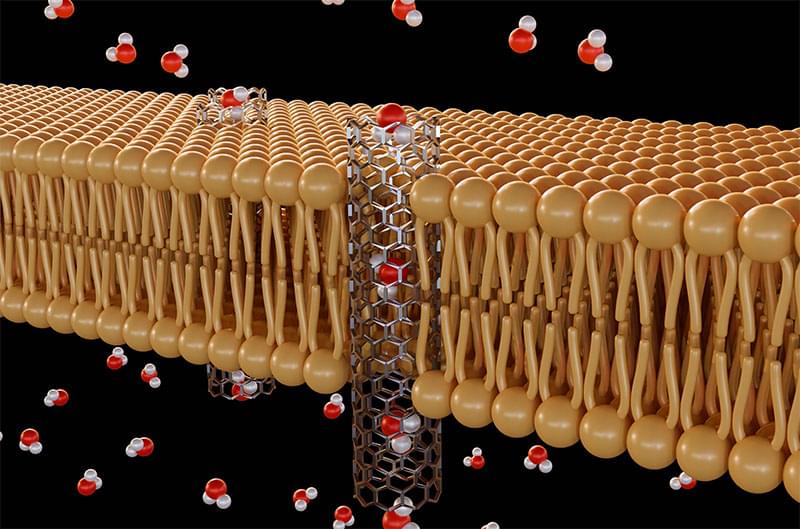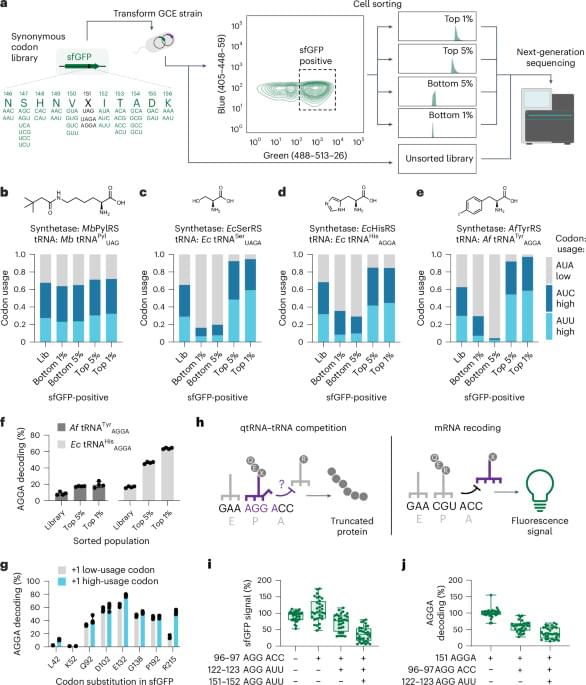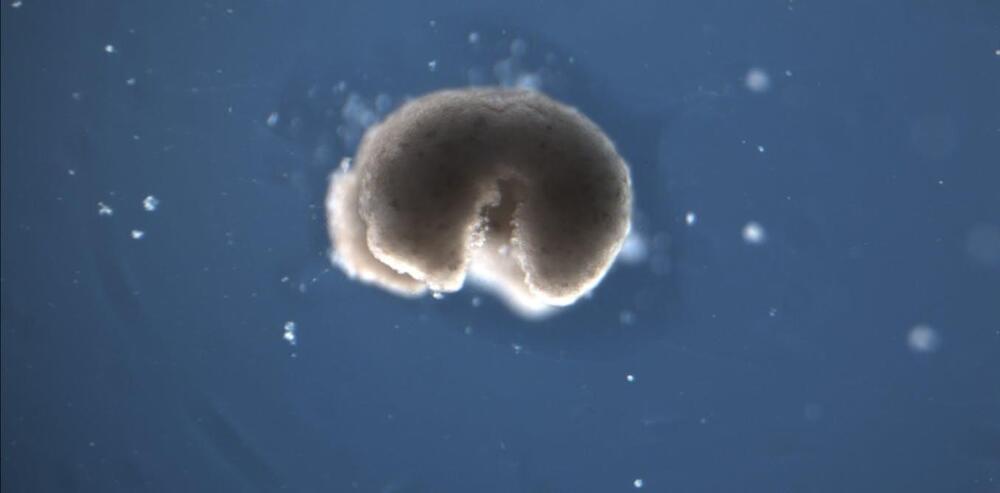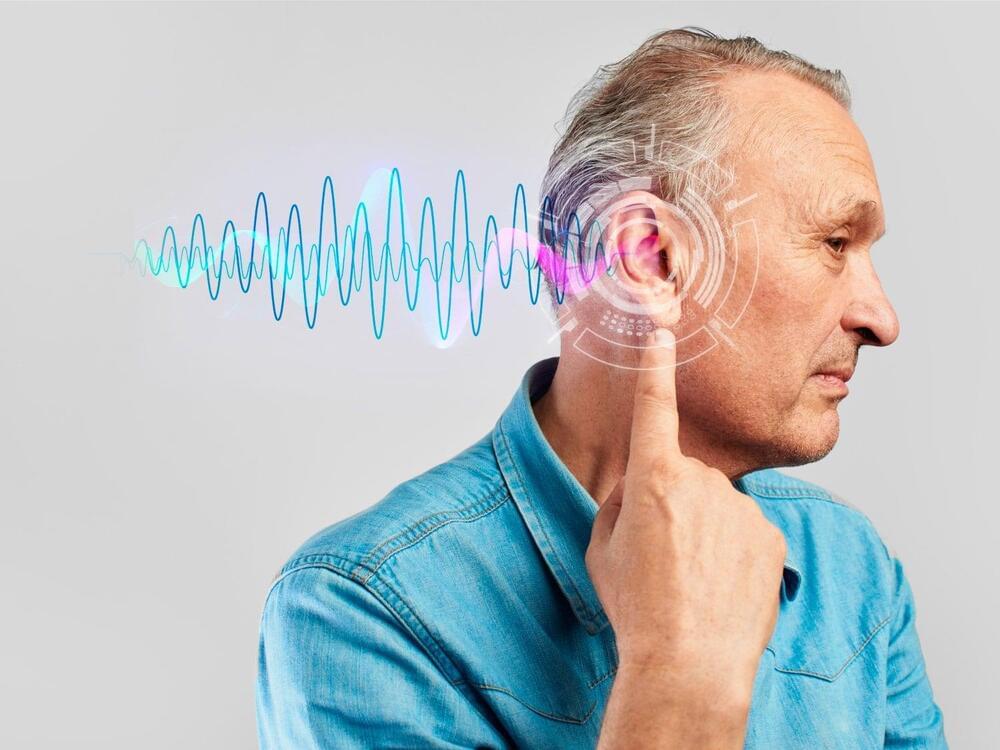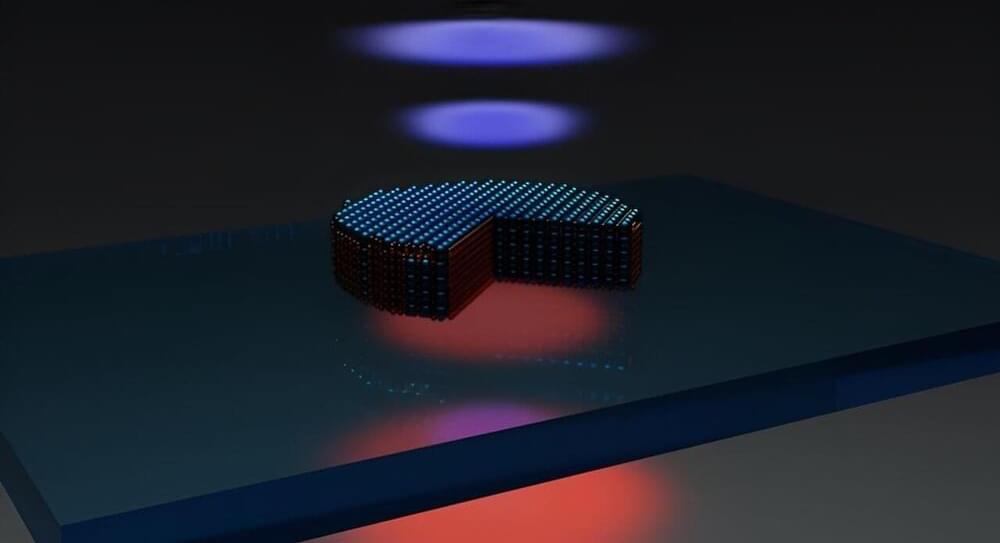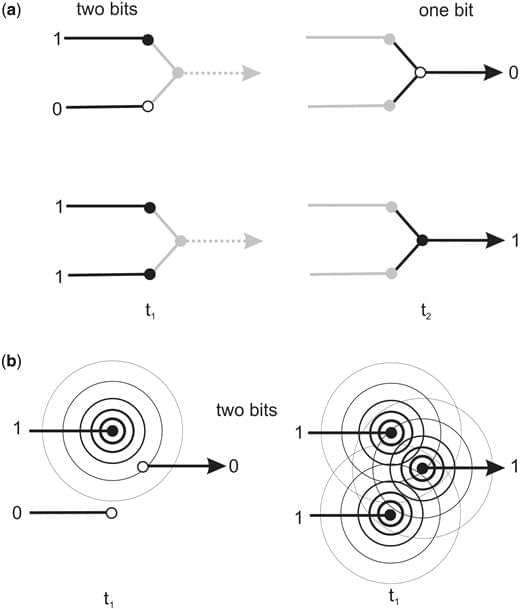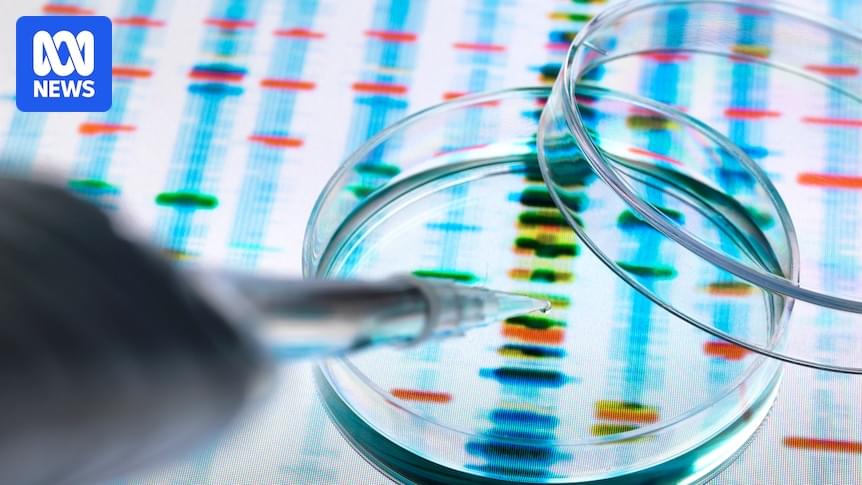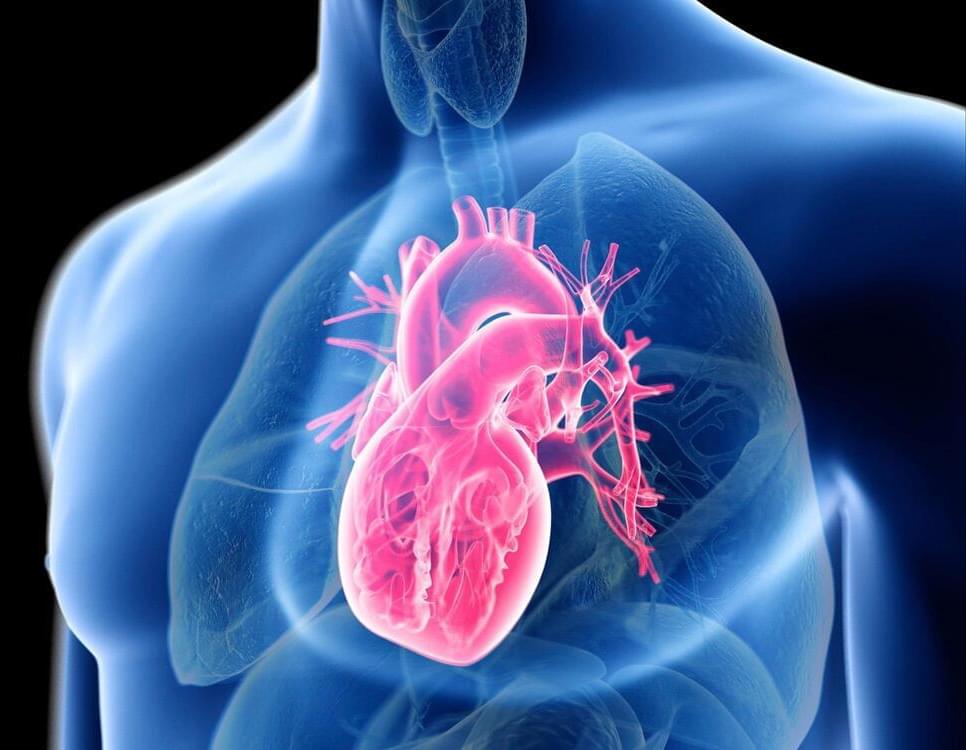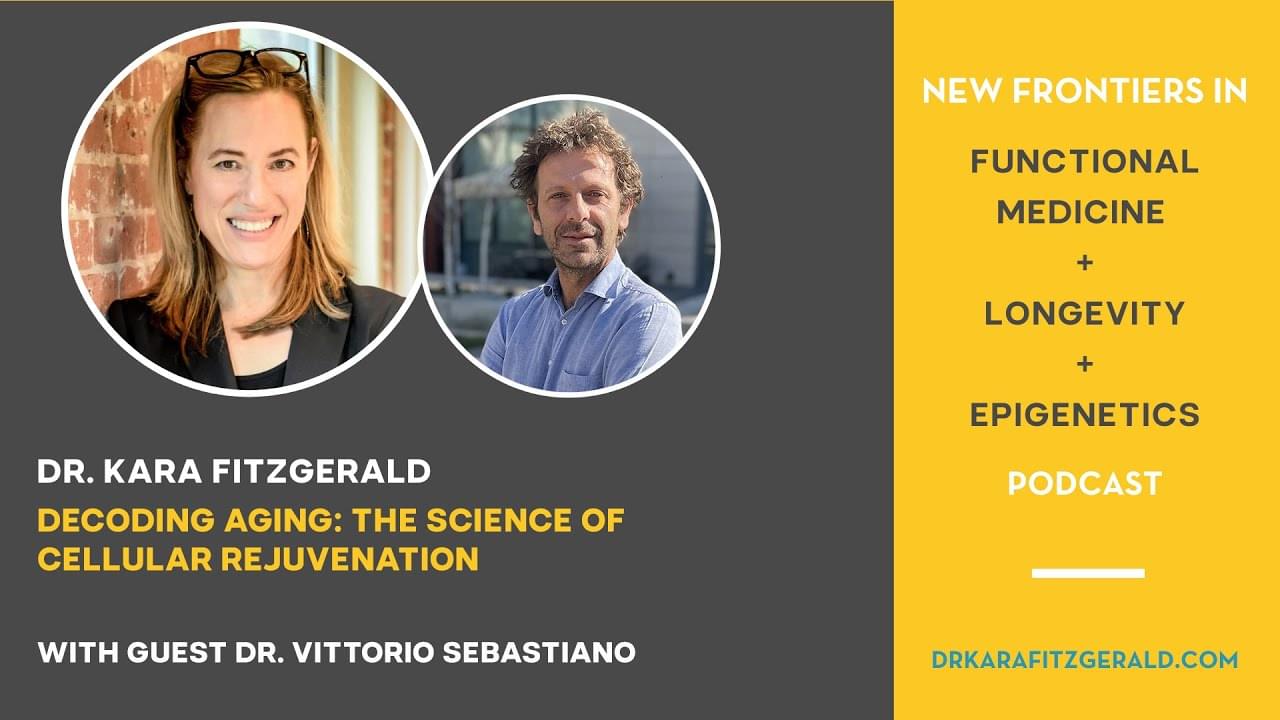Sep 12, 2024
Novel coupled nanopore platform offers greater precision for detecting molecules
Posted by Dan Breeden in categories: biotech/medical, nanotechnology
“As complex living systems, we likely have trillions upon trillions of tiny nanoscopic holes in our cells that facilitate and regulate the crucial processes that keep us alive and make up who are,” says Marija Drndić, a physicist at the University of Pennsylvania who develops synthetic versions of the biological pores that “guide the exchange of ions and molecules throughout the body.”
The ability to control and monitor the flow of molecules through these pores has opened new avenues for research in the last two decades, according to Drndić, and the field of synthetic nanopores, where materials like graphene and silicon are drilled with tiny holes, has already led to significant advances in DNA sequencing.
In a paper published in Nature Nanotechnology (“Coupled nanopores for single-molecule detection”), Drndić and Dimitri Monos, her longtime collaborator at the Perelman School of Medicine and Children’s Hospital of Philadelphia (CHOP), presented a new kind of nanopore technology with the development of a dual-layer nanopore system: a design that consists of two or more nanopores, stacked just nanometers apart, which allows for more precise detection and control of molecules like DNA as they pass through.
